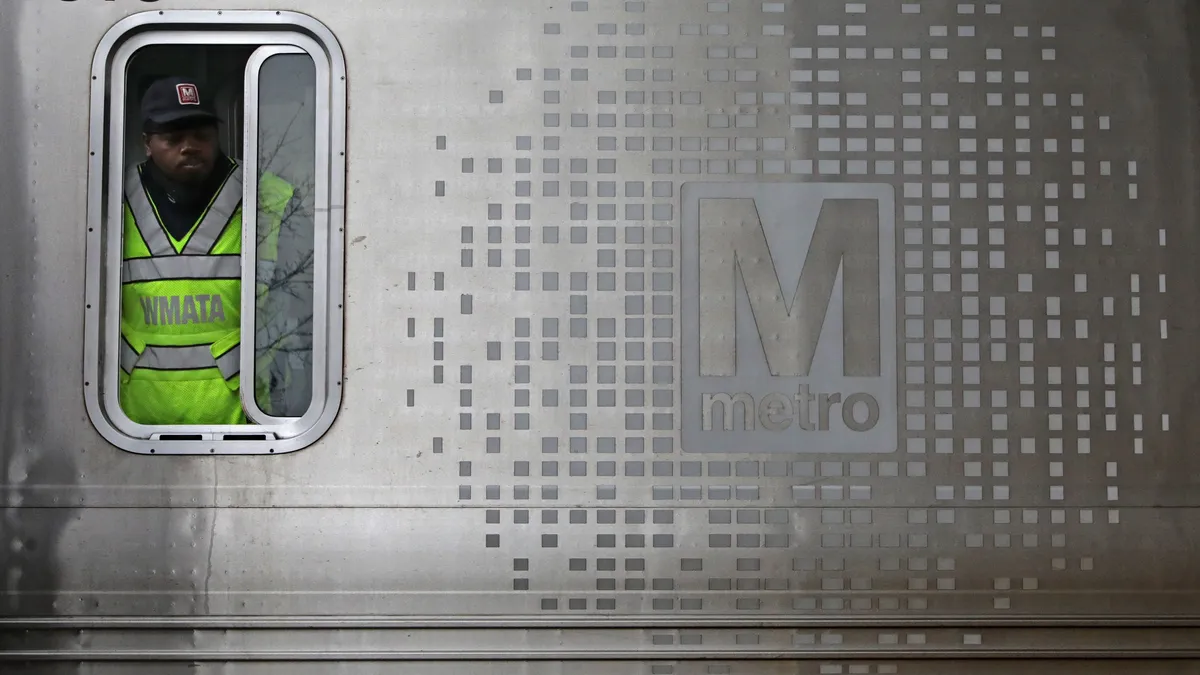Dive Brief:
- Changes to the mandatory guidelines for federal workplace drug testing programs proposed by the U.S. Department of Health and Human Services could put the nation’s transportation workers at higher risk of losing their jobs, said Greg Regan, president of the Transportation Trades Department, AFL-CIO.
- With labor shortages hampering transit agencies, Amtrak and airlines, Regan said the proposed drug testing revisions could cause some workers to lose their jobs and deter potential new hires from joining the transportation workforce.
- “If we are going to be able to staff people up to meet the expectations of this infrastructure investment, we need to be very thoughtful about how we're going to grow the workforce and bring people in,” Regan said.
Dive Insight:
Established by Congress in 1991 following a number of significant transportation accidents, the Department of Transportation is required to test more than 12 million public and private sector employees performing safety-sensitive functions in the transportation industry for drug and alcohol use. These include workers at transit agencies, commuter railroads, and intercity bus lines. DOT generally follows mandatory drug testing guidelines set by HHS for federal employees.
The proposed changes include allowing HHS to add or remove drugs from the drug testing panel without a period of public comment. HHS states in the proposed rule, published in the Federal Register, that “potential benefits of more timely changes to the drug testing panel will result in a healthier and more productive workforce, as well as avoid the issues associated with addiction and rehabilitation.”
Under the new regulations, failure to show up for a pre-employment drug test would be reported as a refusal to test, which is generally considered equivalent to testing positive. Consuming food products containing a drug, such as poppy seeds, would become an unacceptable medical explanation for a positive drug test.
In a letter earlier this month signed by Regan from the labor union to the assistant secretary for mental health and substance use, the labor organization outlined its concerns about the proposed changes to the drug testing program.
“This is a poorly thought-out proposal,” said Regan. “I don't think they realize the full ramifications of what this would do.”
Among Regan’s concerns is the impact on hiring and retention of front-line transportation employees. “It challenges our ability to meet the demands that we have right now,” he said.












